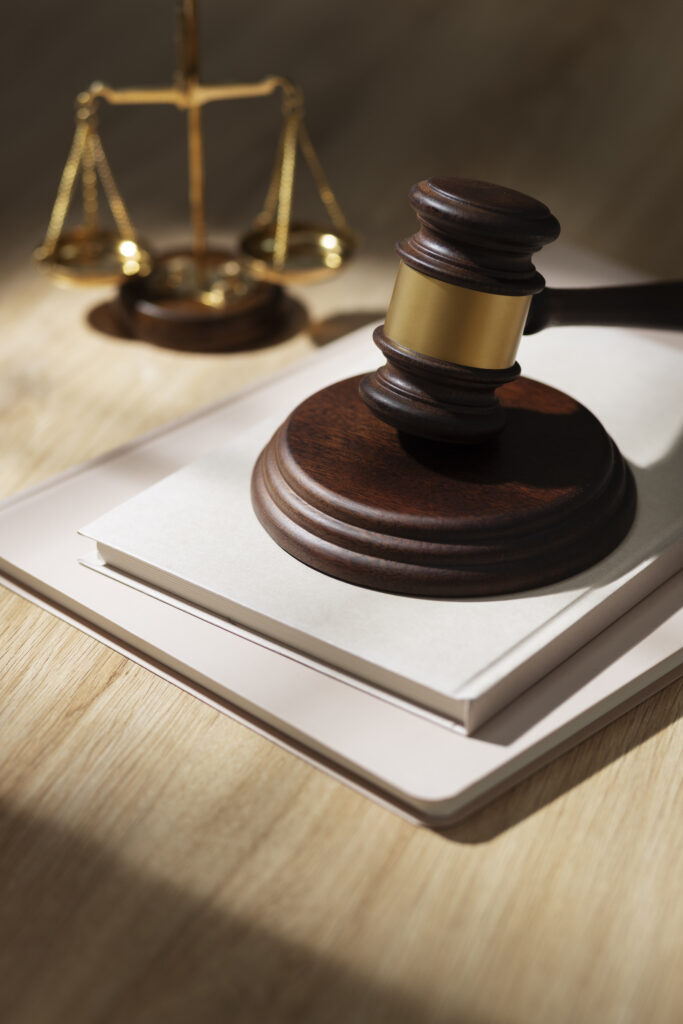Home » Professional fitness to practise — the role of the expert witness

In this article I will provide an overview of the role of an expert witness in fitness to practise proceedings. Most of the pharmacy profession do not have to endure fitness to practise proceedings and will never have the need for such advice. This article provides a useful insight into the key role an expert witness has in these proceedings, by working with the client and their legal team to ensure the best outcomes possible for their clients.
The Merriam-Webster dictionary defines an expert witness as “a witness in a court of law who is an expert on a particular subject”.
The Academy of Experts defines an expert witness as “anyone with knowledge or experience of a particular field or discipline beyond that to be expected of a layman”.
An expert witness, particularly in common law countries, is a person whose opinion by virtue of education, training, certification, skills or experience, is accepted by the judge/Inquiry Chairman as an expert.
In general, the role of an expert witness in professional fitness to practise inquiries is to provide independent expert/technical analysis and opinion on an issue(s) based on the information provided by those instructing them. The expert witness is expected to assist the members of the Committee of Inquiry — which within the terms of the Pharmacy Act 2007 is either the Professional Conduct Committee (PCC) or Health Committee (HC) — in reaching its decision by providing objective and unbiased opinion.
Expert witnesses will deliver “expert evidence” within the area of their expertise. The Committee of Inquiry proceedings are equivalent to High Court proceedings and are conducted in that manner. Their testimony may also be rebutted by testimony from other experts or by other evidence or facts. This is the reason why expert witness testimony can be used, not only by the complainant making the allegations, but also can be used by the respondents within the same proceedings.
The expert witness has access to the evidence that will be considered by the Committee of Inquiry, including statements and reports from both parties. Therefore, in addition to the skills above-mentioned expert witnesses should also have the following qualities:
In the Irish PSI fitness to practise context, the expert witness can be engaged by either or both of the legal teams involved in proceedings.
The expert witness should only give opinion/evidence on matters within their particular specialism, and in accordance with their professional competence, for example practice background in community pharmacy practice. An extensive knowledge of the regulatory and statutory frameworks that govern pharmacy practice in Ireland, is critical.
Expert witness may by requested by the complainant’s legal team to generate a report and provide their opinion based on the allegations made and recorded in the Notice of Inquiry. The allegations may relate (but are not exhaustive) to, poor professional performance and/or professional misconduct on the part of the pharmacist. Each allegation is addressed separately, and the facts of each allegation must be proven during the Inquiry.
The context under which an expert witness is engaged by the respondent (the pharmacist) is more nuanced and dependent on the dynamics of the case. This will be become evident as the process involving an expert witness acting on behalf of a client pharmacist is described below.
Over the years, it has become best practice that the expert witness attends the full Inquiry (typically seated with the client’s legal team). As the complainant’s case is presented at the Hearing, issues may arise that may need to be addressed within the oral testimony of the expert witness.
It is also worth noting that the final impression that the Committee of Inquiry is left with, before they retire for consideration of the case, is that of the expert witness engaged by the client. It is critical that the expert witness is fully informed, including knowledge of the proceedings over the course of a number of days, to optimise the client pharmacist’s defence strategy.
On occasions, the expert witness may be called again to testify again when sanctions made by the PSI Council against a pharmacist have been appealed to the Appeals Court.
As I have mentioned above, there are only a small cohort of experienced trained expert witnesses — even less so, that operate as a specialised consultancy. Typically, the expert witness engaged on behalf of a client provides more that just the report. Service can extend to managing expectations of the client, as well as communicating a degree of perspective for the client. Clients can be assured of an empathic relationship with the expert witness, who has “walked in their shoes” in a professional capacity and can fully appreciate the realities of pharmacy practice day-to-day — a quality which the legal teams involved appreciate, as their own working knowledge of contemporary pharmacy practice can be limited.
It should also be recognised that expert witness pharmacists can also be called to provide expert opinion in forums outside of pharmacy, for example Mental Health tribunals, State Claims Agency work, PCRS Clause 16 Pharmacy Contractual disciplinary hearings.
The observations I have provided in this article are those of the author, who as one of a small cohort of expert witnesses, has extensive experience, and has acted for pharmacist clients in fitness to practise proceedings.
In previous IPU Review articles, legal professionals have spoken to the importance of early engagement and insight when something goes awry in a pharmacist’s practise. I can only echo this point having witnessed many complaints filed that did not make it to a Committee of Inquiry, as well as the volumes of evidence presented in a professional fitness to practise inquiry.
If there is one thing you should take away from this article, it is not to be tempted to write or handle the first letter in reply to a complaint made to the PSI. Poorly handled initial responses can have significant repercussions, should the complaint end up at a Committee of Inquiry — and no expert witness will be able to defend that position.
Members of the IPU have a clear advantage in this respect, in that you have access to the IPU’s professional services team, which you can contact in the upmost confidentiality to formulate the optimal first response letter.
For further information, please contact pharmacists@ipu.ie.
Noel Stenson

MPSI, Stenson Consultancy
Highlighted Articles